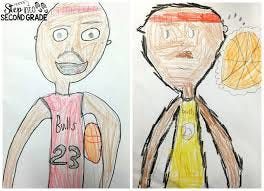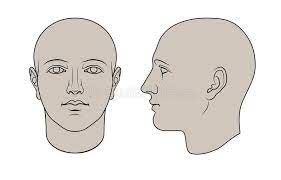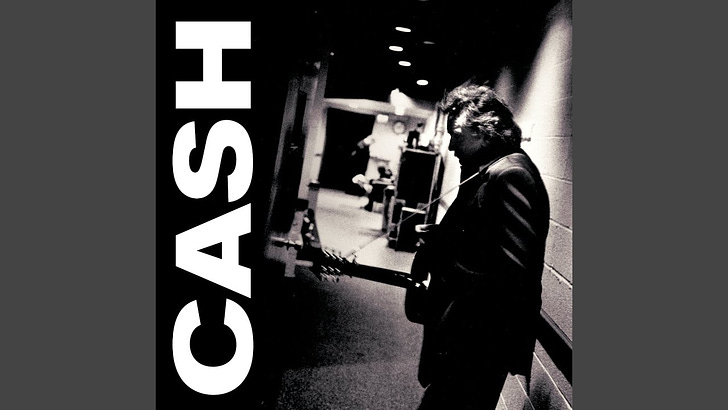

Discover more from Depresh Mode
The existential crises hidden in home DNA kits
Not every kit has one, it's a bit like a Wonka Golden Ticket but... not.
If you get something out of this newsletter or the Depresh Mode podcast, I would appreciate your financial support. Go here, pick a level that works for you, then select DEPRESH MODE from the list of shows. And thank you.
Opposite plugging
It’s pretty common to hear a podcast episode or radio show where the guest is plugging something. They have a new book out or an album. Perhaps they have invented a new kind of plug and they are on a publicity tour to promote it, to be a plug plugger. Never seen that last one happen but I guess it could, I’ve only worked in media for 20 years now.
Today’s episode of Depresh Mode is whatever the opposite of plugging is in regard to home DNA test kits, like the kind you get from Ancestry.com or 23 & Me. Anti-plugging. Draining?
Eve Sturges is the host and creator of Everything’s Relative, a podcast that deals with NPEs. That’s an acronym that stands for either Non-Paternity Event or Not Parent Expected. It can happen when you get the results back on those tests and, for instance, they tell you that the person you have known as your father was not your genetic source after all.
And a big caveat: I’m a firm believer that if you were raised by someone whom you have known as Dad, that IS Dad. Parenthood is determined by the genetic source only in the scientific sense, not in the, you know, parental sense.
Still, getting news like that can be swerve your world something fierce, especially if there is someone in your world that knew the truth about your lineage and didn’t fill you in.
I was eager to talk to Eve, who is part of the NPE community herself, about the mental health ramifications of all this, especially because she is a therapist herself. The word existential gets used a lot in this episode, as in the existential walloping that comes with this degree of surprise. We talk about how people react to NPEs and the trauma that often results from them. And we talk about how she goes about treating folks who have undergone the experience.
The discussion is, in many ways, about society’s historical issues in dealing with women, sex, shame, and guilt.
Like our episode about dissociative identity disorder last week, it’s a phenomenon that is rare but has analogies that are pretty relatable and common.
And who knows, maybe it will make more people buy those kits. Or maybe it will make people absolutely terrified. Probably hurts my chances of being hired as 23 & Me’s new marketing director.
The emotional dissonance of the Winter Olympics
I still watched the Olympics this year and I guess I enjoyed seeing the Norwegians win a lot. I’m first generation American and I got to hear my mother gloat about the Norwegians doing really well in the medal count. They’re very good at biathlon in particular, which should make anyone nervous about going on a ski adventure with their Norwegian murderer friends.
But it was also depressing as hell.
With their spectacle of extreme athletics held against a backdrop of climate emergency, public health disaster, political brinkmanship and rampant corruption, the Games reek of societal decline. When anxiety and misery are all around us, and many of us have lost our faith in institutions’ ability or will to solve these problems, state- and corporate-sponsored inspiration doesn’t land the way it used to.
Your favorite Olympic athletes might be in rough mental shape today
Athletes like gold medalists Simone Biles and Chloe Kim have also helped normalize mental health issues, talking openly about the anxiety of their own Olympic ambitions.
For biathlete Maddie Phaneuf, that pressure was too much. At the height of her career, just months before the 2022 Winter Games in Beijing, Phaneuf retired from the sport. She says some people wondered why.
"'Well, why did you retire? The Olympics are this year, you couldn't have just lasted that much longer?' And it's like no, you don't get it, I physically couldn't even get out of bed," says Phaneuf.
You’ve seen plenty of pictures of Olympic athletes. Here’s just a human head:
More good news in studies on psilocybin
A microdose and therapy can keep depresh away for a year.
The researchers recruited 27 people with a long-term history of depression, the majority of whom had been suffering depressive symptoms for about two years prior to recruitment, according to the study published in the Journal of Psychopharmacology. They next used an established scoring system called GRID-Hamilton Depression Rating Scale to assess participants' depressive symptoms: A score of more than 24 indicated severe depression, while a score of seven or less suggested no depression.
The overall score for "most participants" decreased from 22.8 at pretreatment to 7.7 at one year after the treatment. Moreover, during the 12-month period, there were no "severe adverse events judged to be related to psilocybin".
… that was awesome
Subscribe to Depresh Mode
A newsletter and a podcast about tricky brains.












